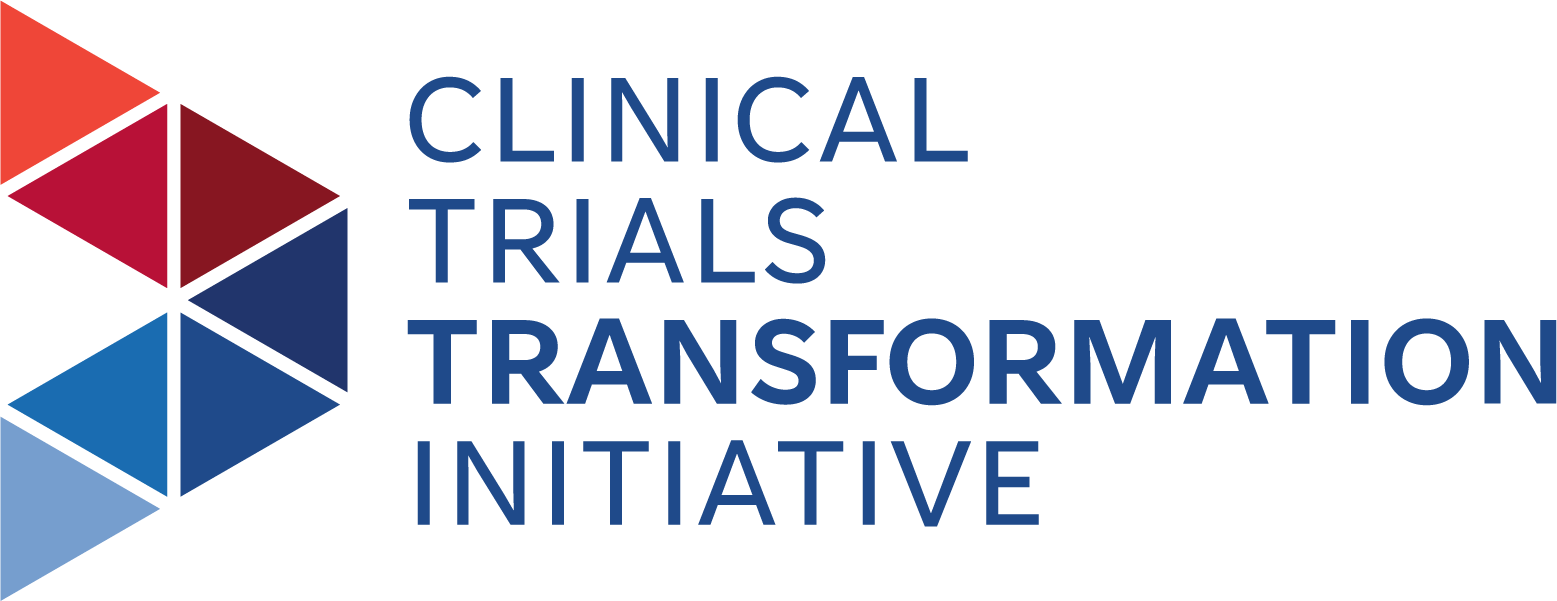Clear Roadmap of Requirements Allows Roche to Speed Multiple Sclerosis App Development
Roche applies CTTI's Digital Health Technologies Recommendations
SUMMARY
Roche is developing an app to measure impairment
in people living with multiple sclerosis. The team wanted to understand the
requirements the app must have to be Good Clinical Practice (GCP) compliant and
for the data to be acceptable for regulatory decision making. CTTI's Digital
Health Technologies (DHT) recommendations offered the development team a
framework for the quality requirements to more rapidly navigate the required
components.
GOAL(S)
New digital technologies offer an opportunity to
get much closer to the patient experience and how they are affected every day.
However, while use of digital health technologies for data capture has the
potential to transform clinical trials, many organizations lack a clear road
map for making this vision a reality. When Roche wanted to take its
proof-of-concept-stage multiple sclerosis impairment measurement app to pivotal clinical trials, it needed a
framework for 1) understanding the requirements to comply with GCP and 2) how
to bring the development team into alignment on why these requirements were
important.
CHALLENGES
The
Roche team was challenged by the fact that the app had been initially developed
in 2017 as a simple proof-of-concept that would not be used to inform any
decisions and thus did not require GCP compliance. This Proof of Concept app
would move into the development stage and needed to now comply with GCP
requirements. The digital health team needed
a compelling case to help the software development staff understand what
requirements needed to be met and why they were crucial to protecting the
patient and data integrity of the tool. Digital health technologies that
capture measures for endpoints have special requirements that are not considered
in a typical computer system validation, and those needed brought to the fore.
SOLUTION(S)
CTTI's Digital Health Technologies recommendations and resources address these challenges, which can hinder
the use of digital health technologies in clinical trials. With this
comprehensive guide, stakeholders across the clinical trials enterprise can
start to benefit from the potential advantages of using digital health
technologies— including capturing "real world" data from patients. For the Roche
team, the recommendations offered a clear and organized way of understanding
what GCP requirements were needed for their multiple sclerosis impairment measurement app and when each should ideally
be implemented.
TAKING ACTION
Following
CTTI's guidance, the Roche team brought together key stakeholders across
development, regulatory, statistics and quality functions via a workshop. To
show the group in practical terms the necessity of the required adjustments to
the app, the statistics group presented use cases of what may happen if these
requirements were not implemented. For example, what would happen if a
patient's child picked up the phone momentarily? Without proper protections and
coding in place, the data integrity of the app would be compromised. Following
the workshop, the entire group collaborated to prioritize what requirements
should be implemented on the very first app release versus others that could be
brought in on subsequent releases.
IMPACT
The
Roche development team feels strongly that CTTI's recommendations offered a
significant time savings in application development, versus what would have
been required for sourcing and assessing requirements independently. The
recommendations also offered various communication formats, allowing the Roche
team to choose more or less detail depending on the specific audience the
requirements were being shared with.
ADVICE
The
Roche team believes CTTI's DHT recommendations should be essential reading for
anyone seeking to bring a digital technology to market in today's complex
quality and regulatory environment. Roche suggests these cross-functional teams
collaborate early and often in the development process— implementation of GCP requirements after
the fact causes unnecessary burden and challenge. Although developing these
technologies requires careful navigation, the potential to better understand
the patient's lived experience is a tremendous value that makes the effort a
worthy investment.
ORGANIZATION
Roche (pre-2009 merger)
ORGANIZATION TYPE
Industry
IMPLEMENTATION DATE
2020
TOPIC
Digital Health Technologies
